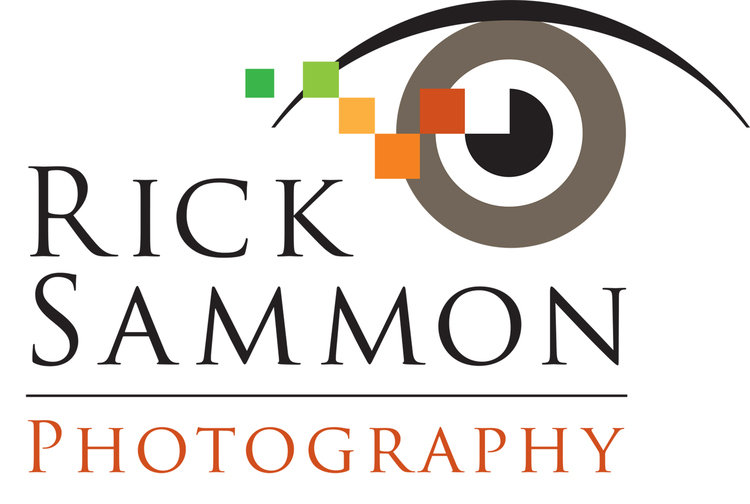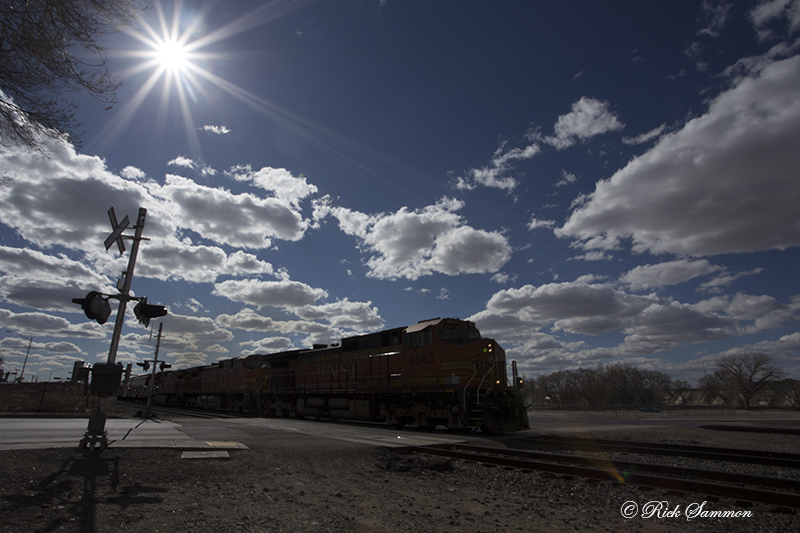Goodbye HDR! Hello EDR?
Digital HDR (high dynamic range) photography has been around for years. Before digital HDR, film and wet darkroom photographers, including Ansel Adams, created HDR-like images by using various techniques – including, but not limited to, burning and dodging.
I've always liked a good HDR image, mostly where the image does not look as though it was processed with an HDR program such as Nik HDR Efex Pro and Photomatix - the two HDR programs I use to create images that don't look like HDR images . . . if that makes sense.
Info on those programs, both of which I teach, is on my Save on Plug-ins page.
HDR, as you may know, has gotten a bad rap. Do a Google search on "I hate HDR" to see what people are saying. (As an aside, I had a bad wrap a few weeks ago at a roadside deli. The tortilla was soggy, as was the lettuce.)
Recently, someone said about my work, "He's overly fond of HDR." Perhaps that's because I teach HDR, in addition to teaching natural light photography and speedlite photography, on my workshops. Or maybe it's because I have an HDR app - iHDR. That's only one of my 12 apps. Most of my apps feature straight, non-HDR shots.
Fact is, I only shoot HDR about 10 percent of the time. Anyway . . . .
I still like HDR - the shooting part and the processing part. Mostly, my goal these days is to create an image that does not look like an overly processed, or "over cooked," image. That said, I have been known to go over-the-top when it comes to HDR. That was, and is, good fun.
Because HDR has such a bad rap, I thought I'd change the name of my HDR images to EDR images. EDR stands for Extended Dynamic Range.
To bring out the detail in that top left scene, HDR shooting and processing was needed to create the image on the top right. By the way, we shoot at this temple on my Rick's Backyard Workshop, which is a ton of fun.
Even the opening image for this post is an EDR image. I created it in Lightroom by cropping and then by adjusting the Shadows, Highlights, Contrast, Exposure, Whites, Blacks, Clarity and Saturation . . . and then by making it a black-and-white image. The train was moving fast when I took the shot. So I guess you could say this is a one-shot HDR image, but now I'm calling it a one-shot EDR image.
By the way, many of my fellow pros are now using Lightroom and Adobe Camera RAW to create HDR, oh I mean, EDR images. It's amazing how, with these programs we can open up shadows and tone down highlights to create EDR images. So much so that you don't need to shoot and process HDR in medium contrast situations.
In extreme lighting situations, such as the one above, a series of images is needed and processing in an HDR program is required.
Above is also an EDR image that I made in Iceland. It's a JPEG HDR, with a bit of tweaking, of three RAW files that I took with my Canon 5D Mark III, which has built-in HDR. My tweaking included using the Detail Extractor filter (which I call the HDR simulator filter in Nik Color Efex Pro).
So whatta ya think my friends? Should we replace the term HDR with EDR? Hey, maybe I could write another book or do another app!
In reality, it really does not matter what we call HDR/EDR. Because what's in a name? Art is art and a photograph is a photograph. My guess is that not many people asked Ansel Adams, "How much burning and dodging did you do on that image?"
Leave a comment here in the Comments if you'd like. I'd like to hear from you.
FYI: When I first heard about HDR and saw some cool HDR images, I thought HDR stood for High Do-it-Yourself Rockin' Images. :-)
Explore the light,
Rick
P.S. When it comes down to it, I think I like photographing people the most. Check out my World Portraits gallery to see some of my favorite images. However, my favorite recent photograph is this one of several Camargue horses running toward me at top speed.










